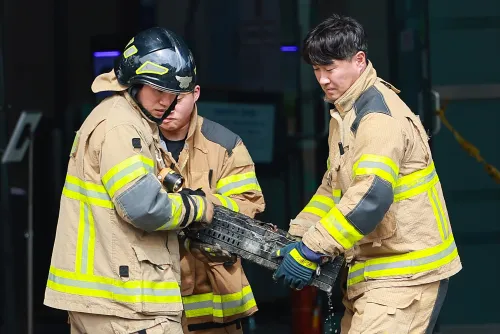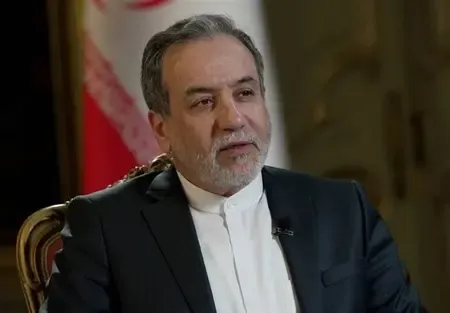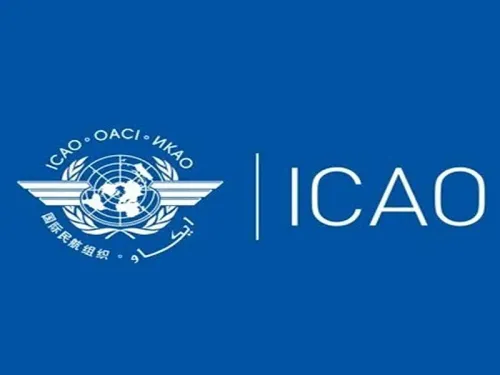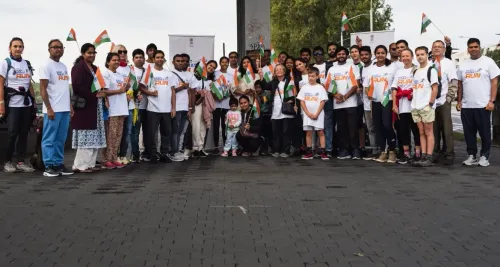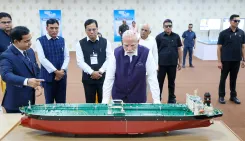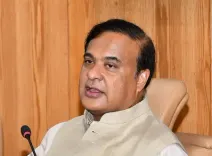Why has Nepal's inquiry commission barred K.P. Oli from leaving the country?
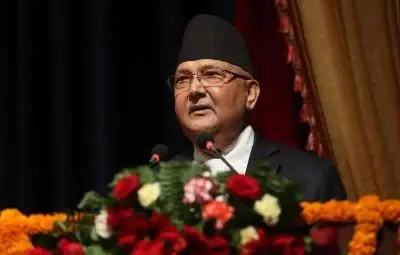
Synopsis
Key Takeaways
- K.P. Sharma Oli and others are barred from leaving Nepal.
- The inquiry focuses on the GenZ protests' human and material losses.
- Over 70 deaths have been reported following the protests.
- Significant property damage exceeding NPR 100 billion has been documented.
- The inquiry commission aims to ensure accountability and justice.
Kathmandu, Sep 28 (NationPress) An investigative commission has prohibited former Prime Minister K.P. Sharma Oli and former Home Minister Ramesh Lekhak from departing the country amidst an inquiry into the physical and human losses incurred during the recent GenZ protests.
In a statement released on Sunday, the commission declared that it had ordered relevant government bodies to limit the overseas travel of Oli and Lekhak, as well as other former officials including Gokarna Mani Duwadi, the former Home Secretary; Hutaraj Thapa, the ex-Chief of the National Investigation Department; and Chhabi Rijal, the former Chief District Officer of Kathmandu.
The commission explained that this decision was made due to the ongoing investigations into these individuals, who could be called for questioning at any time during the inquiry.
Furthermore, the commission has instructed government agencies to stop them from leaving the Kathmandu Valley without prior authorization.
During the initial days of the GenZ protests on September 8 and 9, at least 19 individuals lost their lives nationwide due to police gunfire.
In the ensuing days, more than 70 additional deaths occurred, as some injured individuals succumbed to their wounds while others were killed during arson incidents.
The GenZ protesters are demanding accountability for those responsible for the fatalities.
The inquiry commission, established last week under the leadership of former Special Court Chairperson Gauri Bahadur Karki, has been tasked with investigating both human and material losses, identifying the causes of the incidents, and providing a comprehensive report with findings and recommendations.
Moreover, the commission has been directed to propose a concrete action plan for implementing its recommendations.
Since the GenZ protests, there have been significant political changes in Nepal, with former Chief Justice Sushila Karki now steering the interim government, primarily focused on organizing elections for the House of Representatives set for March 5 next year.
The formation of this inquiry commission was a component of the agreement reached between the government and GenZ protest leaders.
Beyond human casualties, both government and private properties experienced extensive damage, leading to substantial financial losses.
Protesters vandalized businesses and other establishments on the second day of protests held on September 9.
The government estimates that vandalism and arson have inflicted damages exceeding NPR 100 billion on public infrastructure, with up to 380 federal government buildings reported damaged, according to a preliminary assessment by the Ministry of Urban Development.
Additionally, the Federation of Nepalese Chambers of Commerce and Industry, the premier organization representing Nepal's private sector, has estimated that damages to private properties exceed NPR 80 billion.

